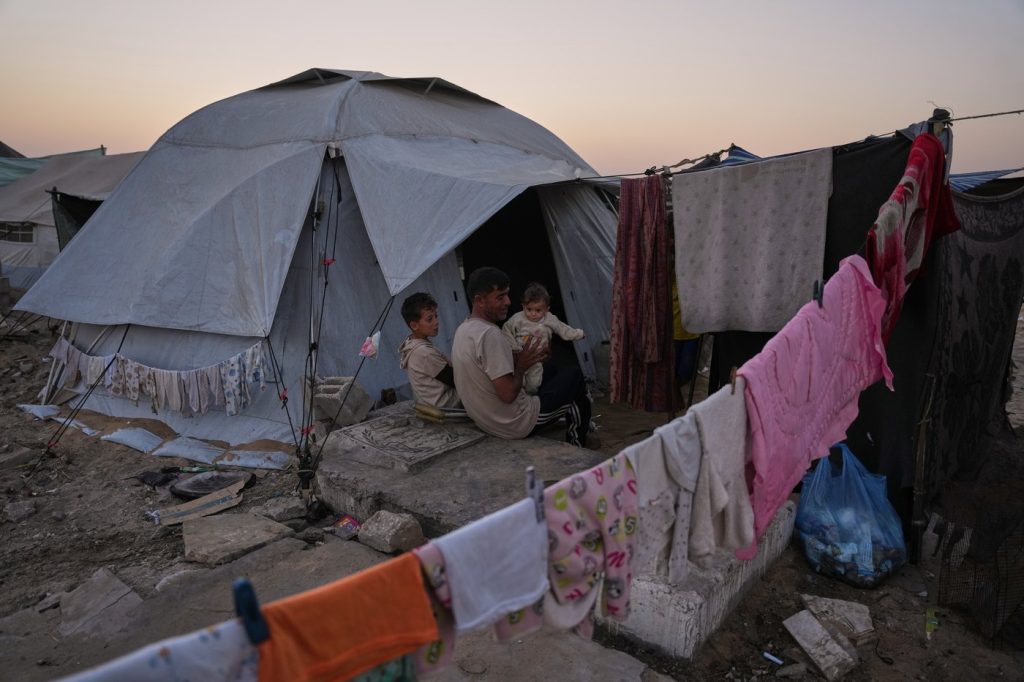Canada is quietly exploring how it can help stabilize Gaza once a lasting peace deal takes hold, with Global Affairs Canada confirming that both civilian and military personnel are already deployed to monitor the ceasefire under the U.S.-brokered peace framework.
Appearing before the House of Commons foreign affairs committee, Alexandre Lévêque, assistant deputy minister at Global Affairs, said the government is developing options for Canada’s contribution should Gaza move toward self-governance. “Decisions have not yet been made on the level of resources nor the type of assistance that we could provide,” he told MPs, adding that Canada is assessing where its expertise — such as demining, medical aid, and institutional rebuilding — could be most useful.
Canadian personnel are currently embedded in the Civil-Military Coordination Center in Israel, which includes representatives from the U.S. and Israel working to monitor and document ceasefire conditions. While tensions remain high, Lévêque said the ceasefire is “holding overall,” though it requires “constant attention by global leaders.”
The coordination group may evolve into a formal international stabilization force, with Washington preparing to ask the United Nations Security Council to authorize such a mission. Lévêque welcomed the UN’s potential involvement, saying it would lend legitimacy and encourage more countries to participate in peacekeeping or disarmament roles.
While Prime Minister Mark Carney has not ruled out a peacekeeping deployment, Lévêque emphasized that any Canadian role would likely remain civilian or training-focused. Canada, he noted, already has experience training Palestinian security forces and could expand that program as part of a broader stabilization effort. “It would need to be brought up to scale to then train Palestinian security forces, and then bring them into Gaza,” he said.
In the longer term, Canada could assist with building transparent institutions, democratic governance, and the rule of law — areas where it has past success, such as in Kosovo and East Timor, MPs noted. Elections, Lévêque said, are essential to that process and could occur “in the next few years” if security improves.
The discussion also touched on Canada’s recent recognition of Palestinian statehood. When asked whether that recognition could be reversed if elections fail to take place by 2027, Lévêque was clear: “Once a state is recognized, it cannot be unrecognized.”
Meanwhile, Conservative MPs pressed officials about Carney’s comment that Canada would arrest Israeli Prime Minister Benjamin Netanyahu if he entered the country, given the International Criminal Court’s warrant against him. Global Affairs officials explained that Canada’s obligation under international law requires enforcement of ICC warrants, stressing that the decision does not reflect a judgment of Israel’s own judicial system.
Lévêque added that sanctions on certain Israeli officials and settlers appear to be yielding results, pointing to a decline in violent rhetoric and annexation calls in the West Bank.
As the ceasefire in Gaza stabilizes and diplomatic channels reopen, Canada’s next move could signal how deeply it intends to engage in shaping a postwar Middle East.

